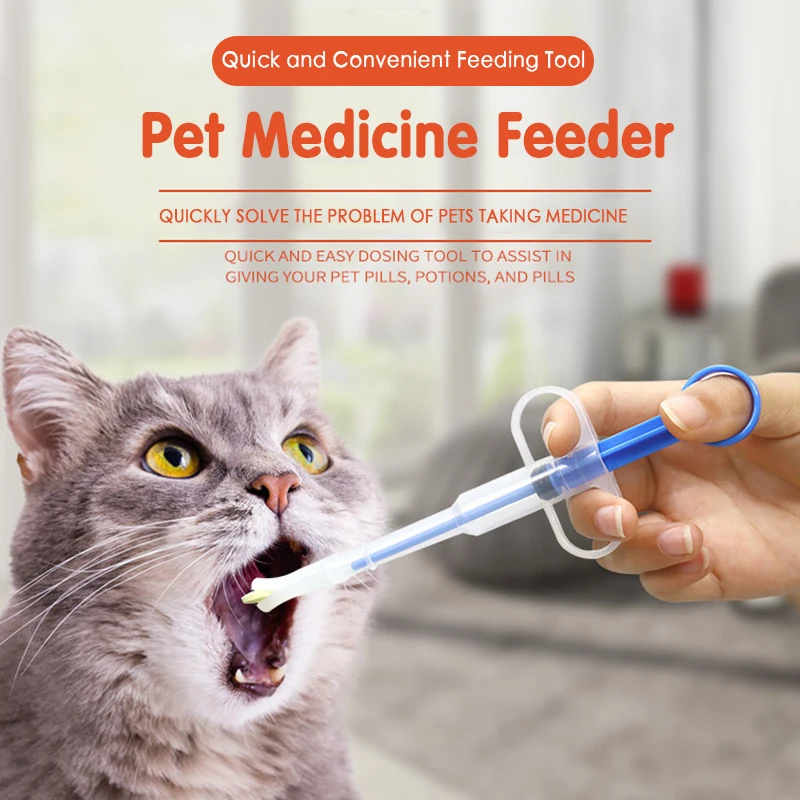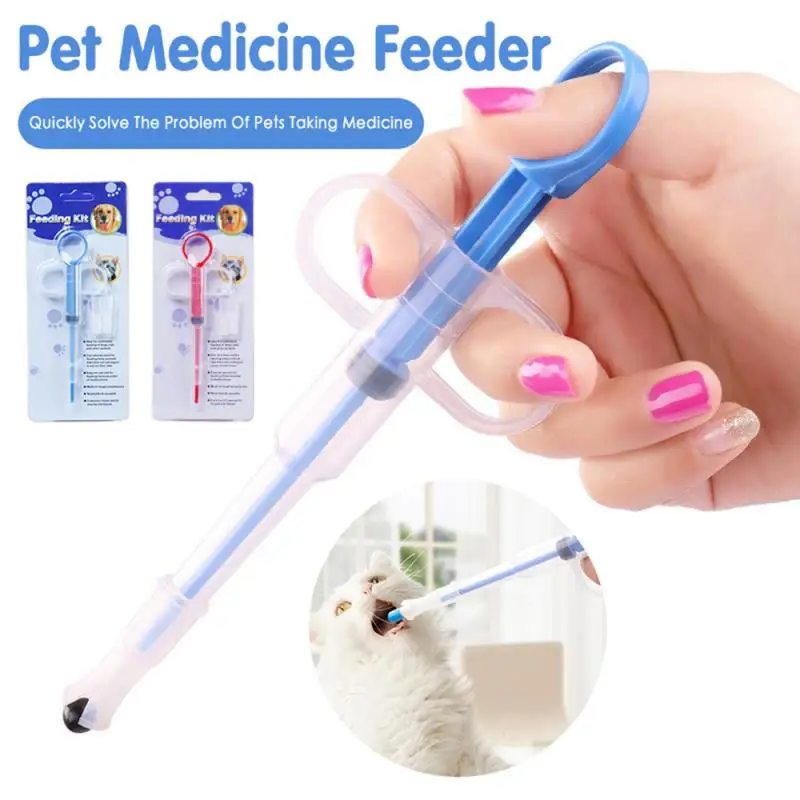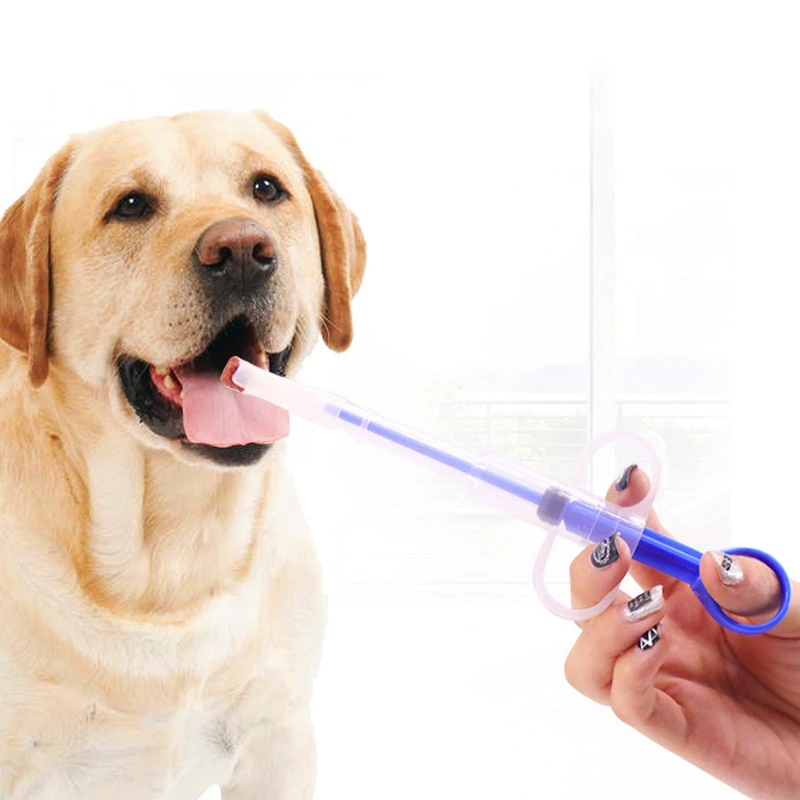Understanding Kennel Cough: What It Is and How It Affects Dogs
Kennel cough, also known as canine infectious tracheobronchitis, is a common respiratory illness in dogs. It’s caused by a combination of viral and bacterial infections, primarily the Bordetella bronchiseptica bacterium and several viruses such as canine parainfluenza virus and canine adenovirus. Can cats catch kennel cough from dogs? This condition is highly contagious among dogs and often spreads rapidly in places where many dogs are housed together, like kennels, dog parks, and grooming salons.

Causes and Transmission of Kennel Cough
Kennel cough begins when a dog inhales pathogens from the air or comes into direct contact with contaminated surfaces. The infection targets the upper respiratory tract, causing inflammation of the trachea (windpipe) and bronchi (the large airways that lead to the lungs). Symptoms typically include a harsh, dry cough, runny nose, and sometimes a mild fever. The cough is often described as a “honking” sound, which is quite distinctive and can be alarming to pet owners.
Because kennel cough is highly contagious, it can spread quickly among dogs in close contact. This can happen through airborne droplets when an infected dog coughs or sneezes, or through direct contact with contaminated objects such as water bowls, bedding, or toys. The bacteria and viruses responsible for kennel cough can survive on surfaces for extended periods, increasing the risk of transmission.
Impact on Dogs and Treatment Options
While kennel cough is rarely life-threatening, it can cause significant discomfort for dogs. In most cases, the illness is self-limiting and will resolve on its own within a few weeks. However, in some cases, particularly in puppies, elderly dogs, or those with weakened immune systems, kennel cough can lead to more severe complications, such as pneumonia.
Treatment for kennel cough typically focuses on alleviating symptoms and supporting the dog’s immune system. Veterinarians may recommend rest, plenty of fluids, and a humid environment to ease coughing. In more severe cases, they might prescribe antibiotics to address bacterial infections or cough suppressants to manage persistent coughing. It’s essential to consult with a veterinarian if your dog shows signs of kennel cough, especially if the symptoms are severe or persistent.
The Risk of Kennel Cough Transmission to Cats
One common question pet owners ask is whether cats can catch kennel cough from dogs. The short answer is no; kennel cough itself does not typically infect cats. This is because the pathogens responsible for kennel cough, such as Bordetella bronchiseptica and the specific viruses involved, are generally species-specific and affect dogs primarily. However, understanding the nuances of how infections can cross species is important for comprehensive pet care.
Species-Specific Pathogens and Their Transmission
The Bordetella bronchiseptica bacterium, a primary cause of kennel cough, is adapted to infect dogs and other animals in the same family, such as cats and rabbits. While Bordetella bronchiseptica can infect a variety of species, including cats, it does not typically cause the same illness in cats as it does in dogs. When cats do get infected with Bordetella bronchiseptica, they usually exhibit symptoms that are less severe and different from those seen in dogs.
In general, cats are not highly susceptible to kennel cough because their respiratory systems and immune responses are different from those of dogs. The viruses that contribute to kennel cough, such as canine parainfluenza virus, are also specific to dogs and do not usually affect cats. This species-specific nature of the pathogens means that even if a dog with kennel cough is in close contact with a cat, the cat is unlikely to contract the illness from the dog.
Potential Risks and Considerations
While cats are not typically at risk of contracting kennel cough from dogs, there are still considerations for pet owners. This means that while the cat might not catch kennel cough itself, it could potentially come into contact with pathogens in the shared environment.
Maintaining good hygiene practices can help minimize any risk of cross-contamination between pets. This includes cleaning shared areas, such as bedding and toys, and ensuring that both dogs and cats are up-to-date with their vaccinations. Regular vet check-ups for both dogs and cats are also crucial to monitor their health and catch any potential issues early.

Managing Health Risks: Strategies for Dog and Cat Owners
Maintaining Clean Environments
One of the most effective ways to manage health risks for both dogs and cats is to maintain a clean living environment. This includes regular cleaning and disinfection of areas where pets spend time.
For Dogs:
- Bedding and Toys: Wash dog bedding and toys regularly to reduce the risk of pathogen buildup. Use pet-safe disinfectants to clean these items.
- Kennels and Crates: Disinfect kennels and crates between uses, especially if they are shared with other dogs or used for boarding.
For Cats:
- Litter Boxes: Scoop litter boxes daily and change the litter regularly. Clean the box with soap and water, and ensure it is thoroughly dry before refilling.
- Scratching Posts and Cat Trees: Vacuum and clean these items periodically to remove dust, hair, and potential allergens.
- Cat Furniture: Wash cat bedding and toys as needed, using pet-safe cleaners to avoid any potential irritants.
Regular Veterinary Check-Ups
Regular check-ups with a veterinarian are crucial for maintaining your pets’ health and catching any potential issues early. Annual or semi-annual visits allow veterinarians to monitor your pets’ health, administer necessary vaccinations, and provide guidance on preventive care.
For Dogs:
- Vaccinations: Ensure your dog is up-to-date on vaccinations, including those for kennel cough if they are at higher risk.
- Health Screenings: Regular health screenings can detect underlying issues, such as respiratory infections or other conditions that could affect your dog’s well-being.
For Cats:
- Vaccinations: While kennel cough is not a concern, ensure your cat receives vaccinations for common feline diseases, such as feline herpesvirus, calicivirus, and feline panleukopenia.
- Routine Exams: Regular exams help identify any health issues early, including respiratory conditions or other concerns.
Preventive Measures and Health Management for Pets
Maintaining the health and well-being of both dogs and cats involves understanding the risks associated with common illnesses and implementing preventive measures. mVaccines are available for Bordetella bronchiseptica and other pathogens that contribute to kennel cough.
Vaccination and Preventive Health for Dogs
Vaccination is one of the most effective ways to protect dogs from kennel cough. The Bordetella vaccine can be administered either intranasally or through an injection.
Aside from vaccination, good general health practices are essential. Keeping dogs in a clean environment, minimizing exposure to other sick dogs, and ensuring that they receive proper nutrition and regular exercise contribute to their overall health and resilience against infections.
Health Monitoring and Care for Cats
For cat owners, while kennel cough is not a direct concern, maintaining their cat’s health is still crucial. Regular veterinary check-ups can help catch any health issues early, and keeping cats up-to-date with vaccinations can prevent other respiratory illnesses.
Providing a clean and comfortable environment for cats, including regular cleaning of their bedding and litter boxes, also supports their health. Monitoring their behavior and health closely and consulting a veterinarian if any unusual symptoms arise will help ensure that your cat remains in good health.

Conclusion: Ensuring Health and Safety for All Pets
In conclusion, while kennel cough is a common and contagious illness among dogs, cats are not typically at risk of contracting it from dogs. The pathogens responsible for kennel cough are generally species-specific and do not usually infect cats in the same way. However, maintaining good hygiene, ensuring regular veterinary care, and staying informed about pet health can help prevent a range of health issues for both dogs and cats.
Pet owners should focus on preventive measures for their dogs, such as vaccinations and good health practices, while also taking steps to ensure their cats remain healthy. By understanding the specific risks and health needs of both dogs and cats, pet owners can provide the best care for their furry companions and help prevent the spread of illness within their household.
